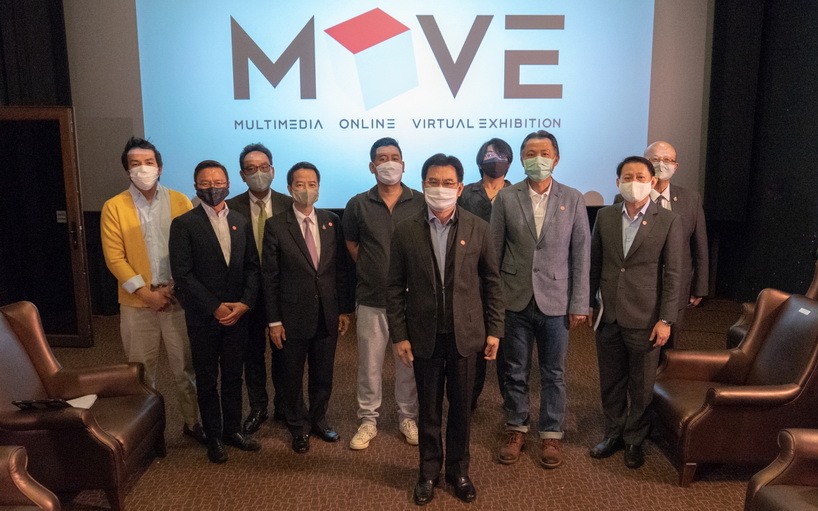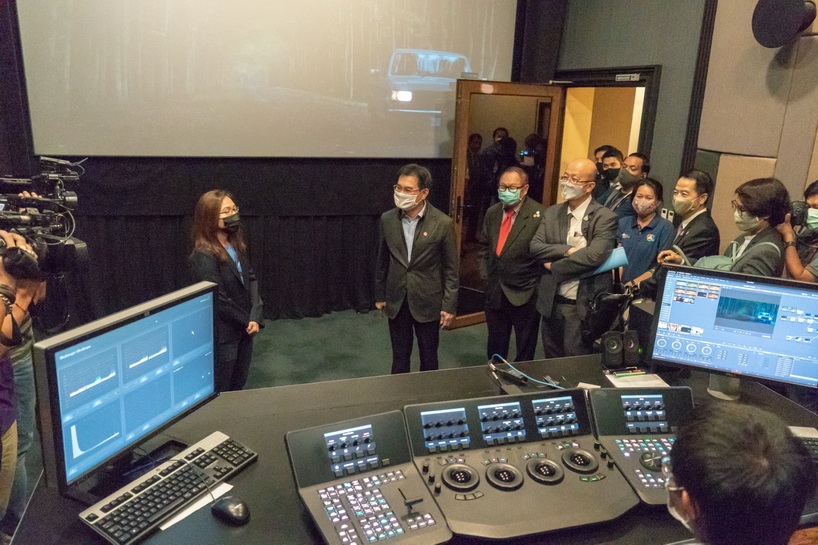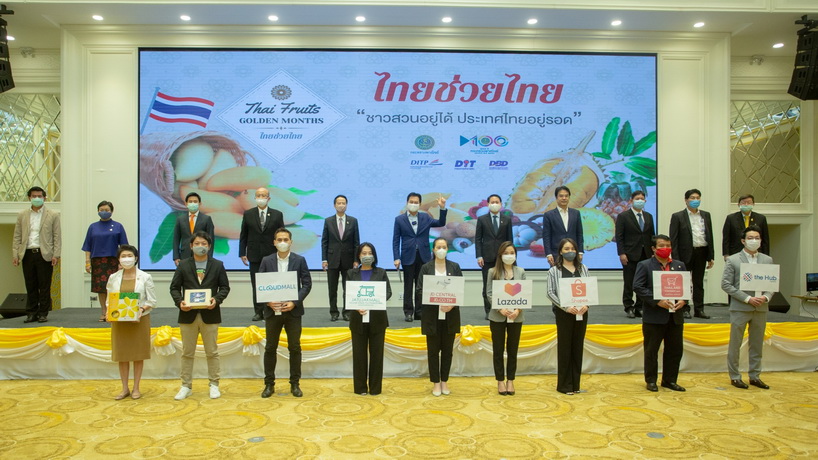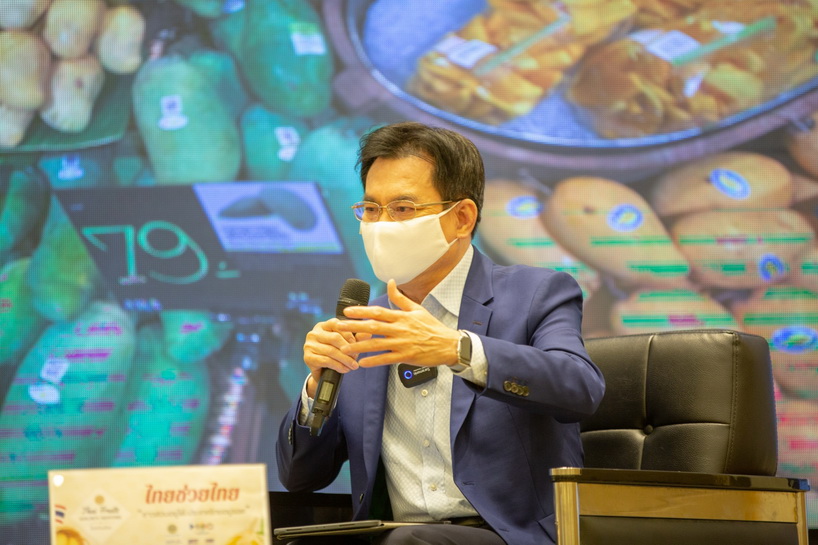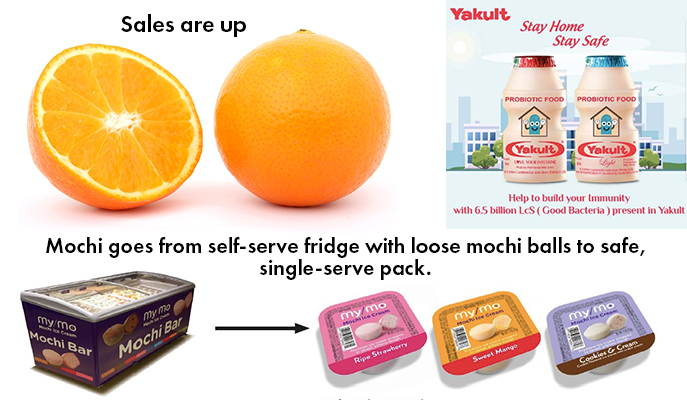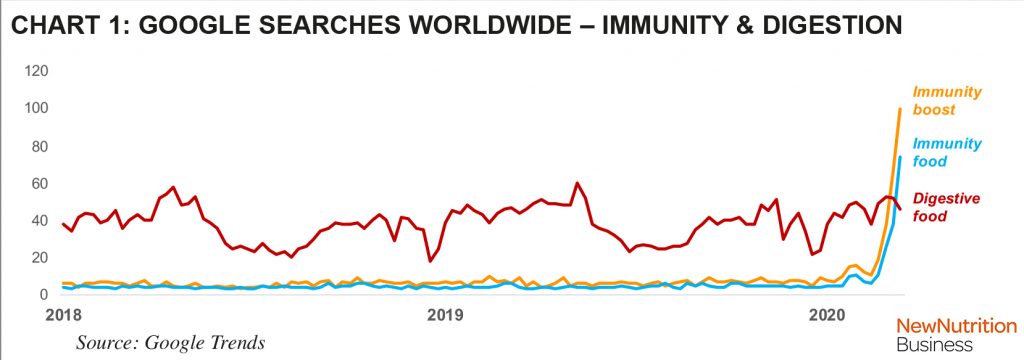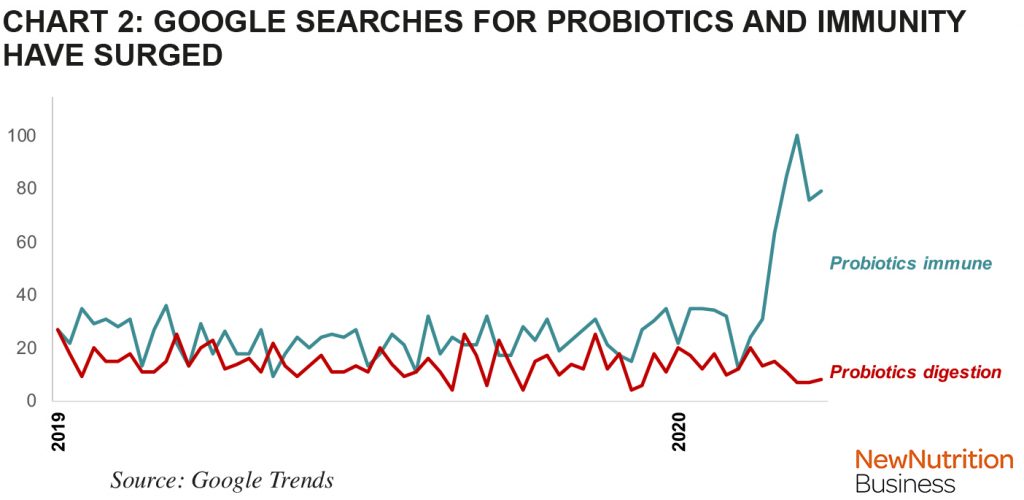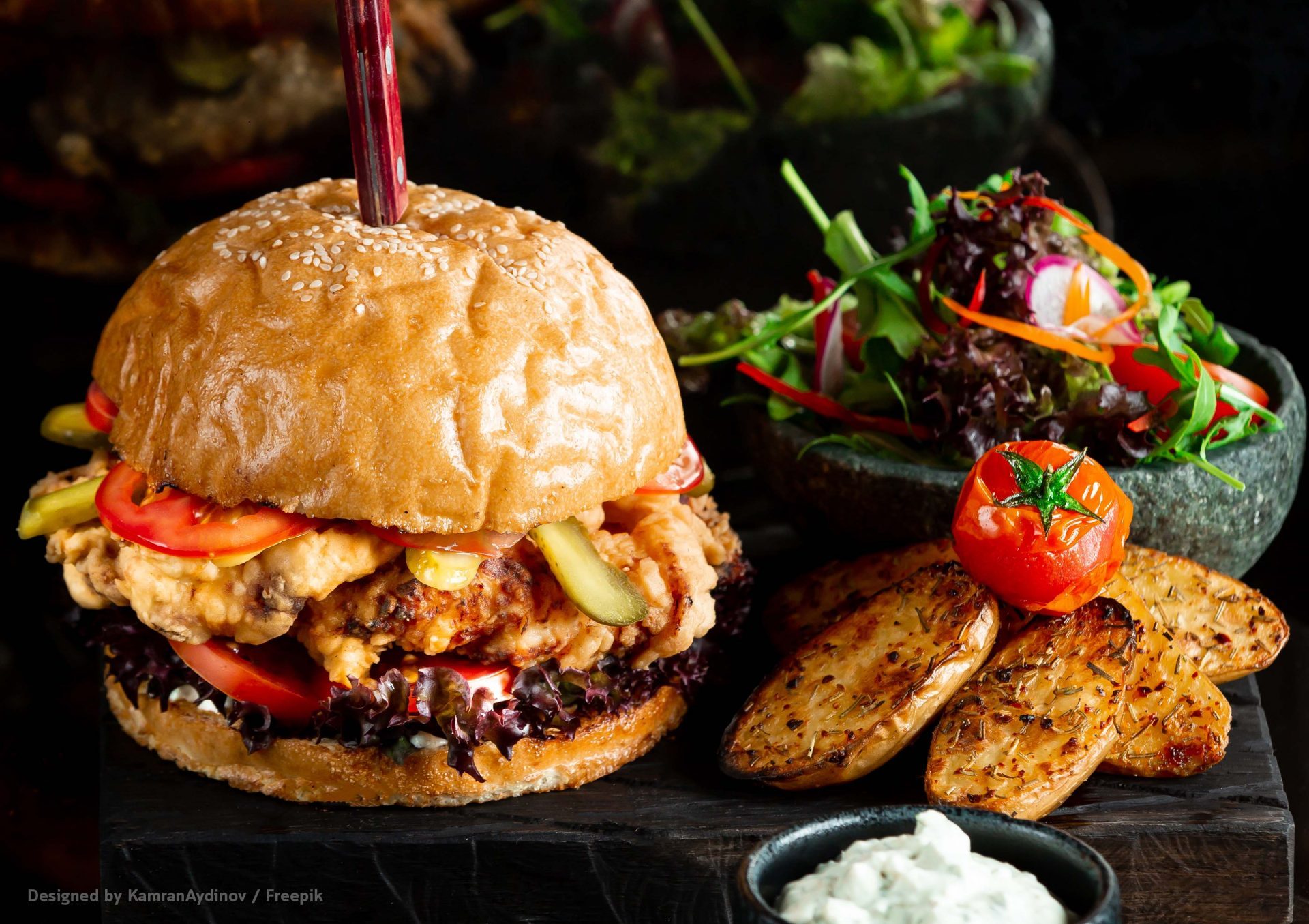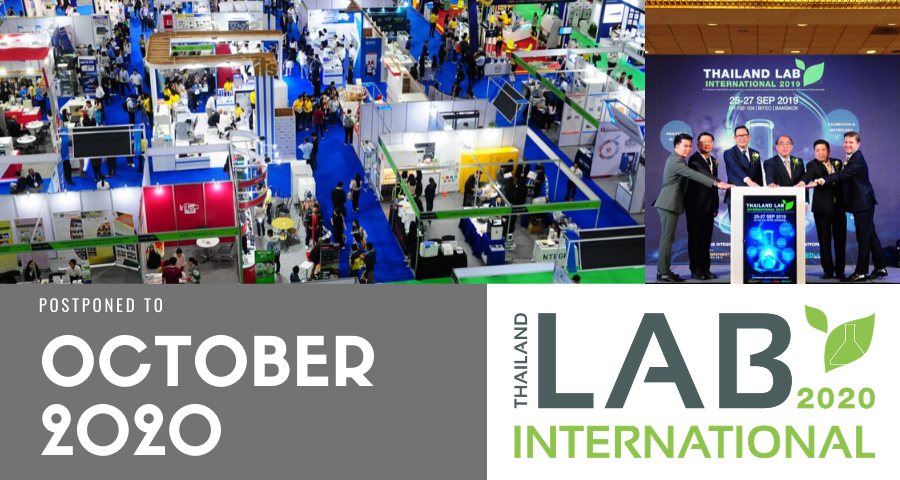One of India’s major producers of edible oil, B.L. Agro Industries Ltd., owns a vast portfolio of creative, lightweighted, safe, recyclable and affordable PET bottles for their iconic edible oil brands, including a 2 L and 5 L bottle with a handle in a unique design – thanks to Sidel’s support.
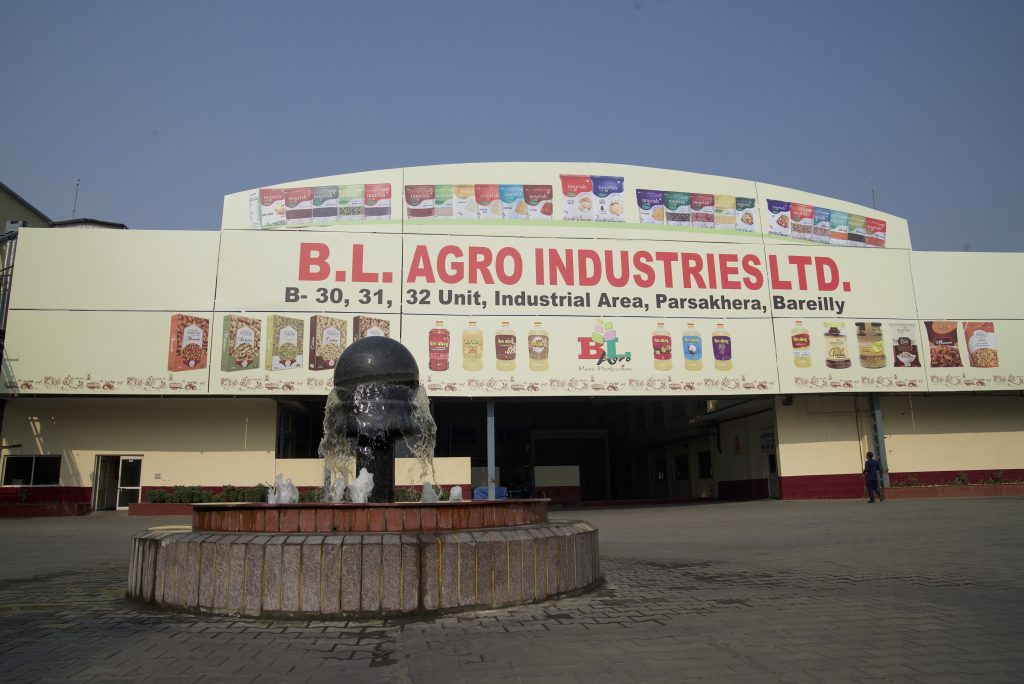
B.L. Agro has been a true pioneer in India in selecting PET as a material of choice. They have bridged disruptive design innovations with improved consumer experience thanks to bottles with handles that offer full transparency for their authentic, tasty and healthy products – “pure perfection” in line with the company motto. After the successive installation of three lines between 2014 and 2019, producing PET bottles from 200 ml to 5 L, the company’s continued trust in PET and Sidel has led to growing market shares in a dynamic region, earning the leading Indian player multiple packaging awards.
The consumption per capita of edible oil in India lies around 17 kilos per year and is currently experiencing a growth of around 8% annually. Previously, the majority of edible oils in the country were packaged in 15 kilo metallic cans, while now this entire segment is shifting towards consumer packs.
The first packaging that replaced the cans was the poly pouch, which accounted for around 80% to 85% of the volumes at one point. Then, the category experienced a move to rigid packaging, specifically to PET bottles. “The market is concerned about the environmental characteristics of the poly pouches because they are not recycling-friendly,” explains Ashish Khandelwal, Executive Director of B.L. Agro.* PET offers a number of advantages, given that it is bottle-to-bottle recyclable, offering lightweighting opportunities that significantly reduce the amount of PET resin used and it allows for great design flexibility, transparency, affordability and especially absolute food safety.
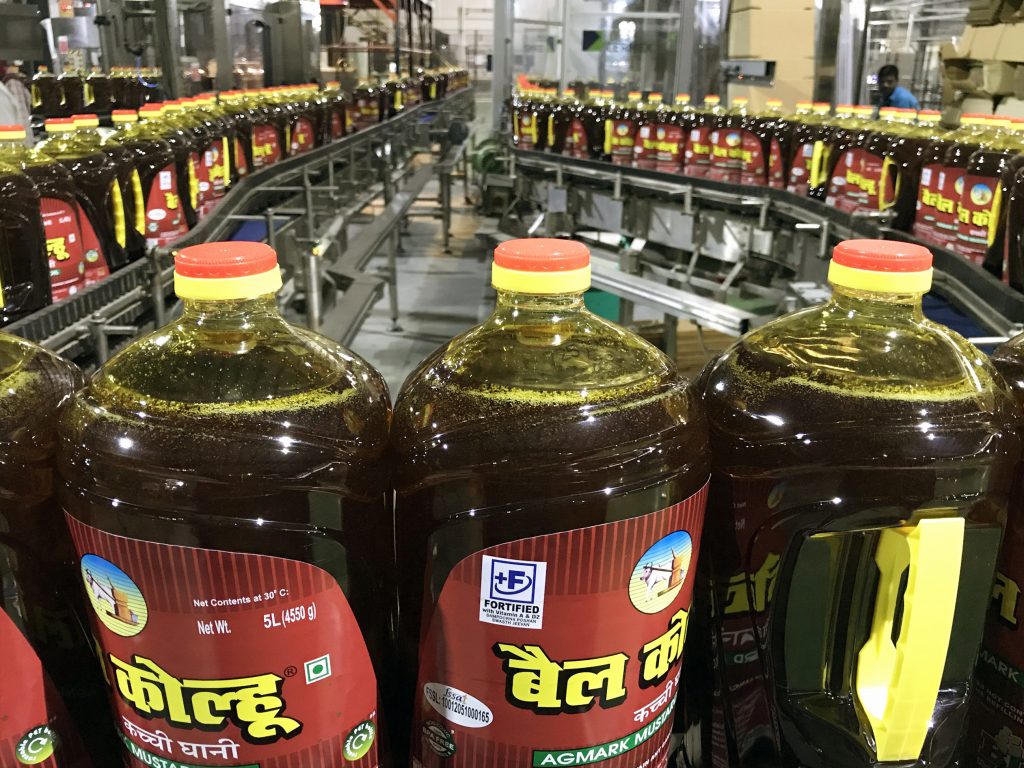
Successful partnership in PET continues to flourish
B.L. Agro counts among the producers of edible oils who recognised this trend towards PET early on. With eight facilities in the area around Bareilly in the north of India, B.L. Agro runs one packaging unit and two refinery units. The family-owned company was founded in 1945 and today produces Bail Kolhu, a mustard oil that is the leading product in the eastern and northern part of India due to the health benefits ascribed to it. Additionally, B.L. Agro produces Nourish, which is the brand name for their food products and their refined oil category, for example, sunflower, rice bran, and soy bean oil. “We work with a simple objective: to manufacture, process and market the purest products possible, delivering tastier and healthier food solutions to our consumers, strongly believing in creating a brand that offers budget-friendly and sustainably-sourced products to customers,” says Mr Khandelwal.
About two decades ago, B.L. Agro recognised the opportunities that bottling their high-quality edible oils in PET could bring about. This was particularly evident when considering brand differentiation and consumer experience. “We always believed that a good usage experience is important and that is why, already in 1999, we went into PET packaging,” says Pradeep Hada, who is in charge of sales and marketing for B.L. Agro. “When we started looking for container designs, we wanted something very different from what was available on the market at the time to set our brand apart from the competition. As a pioneer in PET edible oil packaging, we were the first ones in India to introduce 2 L and 5 L bottles with a handle,” he adds. Today, B.L. Agro manages a vast variety of formats: bottles of 200 ml, 500 ml and 1L in American boxes, 2L and 5 L bottles in Wrap-Around blanks, as well as 15 L PET jars, which are also supported by Sidel’s blowing expertise – altogether accounting for 140 different SKUs.
From innovative concept to functioning industrial design
Throughout the different periods of its development, B.L. Agro approached Sidel to help them differentiate their bottle designs while saving resources and raw material and still being able to address the growing market demand with budget-friendly products. “PET bottles at that time were still a breakthrough in India, attracting end users due to their innovation component and ideally presenting high quality products thanks to their transparency – both very important points for us. When we started working on what became our 2 L and 5 L bottles with handles, Sidel proposed some very creative and disruptive concepts to us. We thus found a design that was quite unique and iconic,” highlights Mr Hada. The result of the thorough packaging development process was the first PET bottle for edible oil with a handle and a triangular design – a novel approach to this type of product. “Producing such a PET bottle with a handle is no easy feat; it was very difficult to find suppliers who were confident to take on this challenge. The packaging team at Sidel was the only one who agreed to do a prototyping of the bottle, including the two notches for the handle,” Mr Khandelwal remembers.
To successfully overcome the twofold challenge, encompassing the PET bottle shape and the handle’s specificity, Sidel’s full set of packaging R&D capabilities was needed, backed up by more than four decades of experience in this segment. “We appreciated the initial design a lot; however, it was quite difficult to see the packaging design become a reality because the bottle is neither square nor round. To add complexity, it also has notches that need to be completely formed, so that the handle insertion can take place. On the other hand, the notches cannot be too deep, because the handle would come off,” explains Mr Khandelwal.
The handle insertion, the orientation of the bottle for the insertion itself, and the definition of the labelling area on the bottle were all issues that the Indian player and Sidel had to solve hand in hand to powerfully differentiate the B.L. Agro packaging options on the retailer shelves. “Together, we were able to take this innovative concept, which offers a real marketing benefit and – via prototyping and extensive testing – turn it into an industrial reality within an operating packaging production line,” says Giulio Bellanti, Sidel Business Development Director for Edible Oil in Asia, Oceania and Africa.
“We have been very impressed by Sidel’s overall packaging expertise. Additionally, in the second step, we were sure that the proposed designs would also be executed well when it came to blowing the bottles. After all, this is what Sidel is internationally known for. In the end, we achieved an extremely precise blowing combined with exact notch positioning and formations,” adds Mr Khandelwal.
Award-winning, lightweighted bottles
Besides leveraging the marketing advantage and the brand differentiation, the edible oil company also wanted to significantly lightweight its PET bottles. “Usually, a 2 L bottle with a handle weighs around 70 g. By carefully reviewing the container design, we achieved a weight reduction of approximately 21% and we are processing a 55 g bottle today. The successive lightweighting steps have always been done without compromising the bottle’s top load characteristics and other mechanical requirements for transportation and transit. The bottle’s stability and resistance throughout the supply chain have been tested and validated by Sidel’s packaging experts,” explains Mr Khandelwal. The result is an optimised large format bottle that facilitates the handling, while fully protecting the product inside – a key factor for B.L. Agro’s high quality standards.
Similarly to the 2 L bottle, the 5 L format was also lightweighted – with a reduction from 130 g to 110 g, excluding the handle. These weight reductions have a substantial sustainability impact and translate to more than 650 tons of PET saved per year. These developments also clearly mark significant savings in terms of material costs in a highly competitive edible oil market, particularly in India.
Both bottle formats were successfully introduced to the market and have received national and international recognition by winning the India Star Packaging Award as well as the Asia Star Packaging Award. “We are very pleased with Sidel’s work. Our PET bottles set themselves apart on the shelves and enable an innovative and enjoyable consumer experience around our high-quality, healthy oil,” concludes Mr Khandelwal.
————————————————————————————————-
Additional information
*https://blagro.org/

